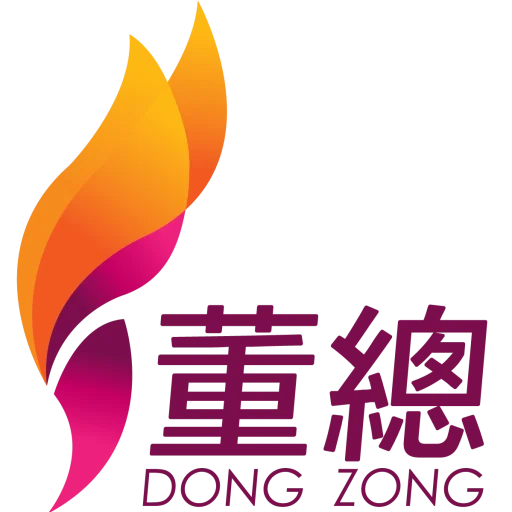Joint Statement Made by Dong Zong and Jiao Zong
【 October 7, 2019】
Multi-Ethnic Society Is a Reality
Extreme Rhetoric Undermines Social Harmony
At the recent Malay Dignity Congress (The Kongress Maruah Melayu), attendees passed agendas that were against the principles of a diverse society especially in the areas of education, languages, culture and religions. The congress was also filled with racist speeches, including the call for abolishment of vernacular schools, Jawi script as the official writing script in Malaysia and citizenship could be suspended if the privileges of Malay were challenged, etc. Dong Jiao Zong expresses its regret and condemnation over the actions and speeches made at the Malay Congress that intentionally harm the national harmony of this country. The following statement is issued in response to the Malay Dignity Congress:
Dong Jiao Zong educationist group informed that multi-ethnic society of Malaysia is an outcome of the hard work and mutual respects amongst all Rakyat regardless of their races, which contributed to the country’s success and development today in various aspects. The country’s diversity in races, languages, religions and culture has always been the pride of every Malaysian, who also pays extra effort in maintaining such harmony. Unfortunately, some political leaders and racial extremists have repeatedly put such harmony at risk for their own personal agendas, while certain institutions have also taken advantage and helped to fan up the issue. Their acts are committed with intent to destroy the harmony in the country. These institutions include the University of Malaya (UM), MARA University of Technology Malaysia (UiTM), University Putra Malaysia (UPM) and Sultan Idris Education University (UPSI), which organised the recent Malay Dignity Congress filled with narrow-minded and extremist views. The purpose of the congress is undoubtedly an attempt to reverse the country’s social harmony developed today, and could have adverse consequences on the country. Dong Jiao Zong believes that the congress is more inclined to provoke suspicious thought and misunderstanding among different races, instead of studying Malay community issues. It has tended to deepen ethnic divisions and confrontation thereby to achieve its political aims.
Dong Jiao Zong opined that the above mentioned four universities should put higher emphasis and effort on academic and research competitiveness, fulfilling their role as national institute of higher education, by preparing the graduates for Industry 4.0, and to ensure that they possess the relevant competitiveness to contribute to the country’s advancement and development. The Chinese educationist groups reiterate that universities should not be used as a political tool in organising congress that fan up racial and religious sentiments, as it would not only promote hatred amongst races, but also risk the country’s foundations and development.
In recent years, the country is not lack of issues in politics, economy, education, religions and other social aspects, certain matters have even gone into further discords without proper resolution until today, especially when it is clouded and threatened by racial extremism sentiment.
What is more dissatisfying being that the government has failed to act promptly in resolving them. Even after the change of government, which advocates equality amongst the people and views religion harmony as its policy stance, Putrajaya did not show the courage and boldness it should possess in defending the country against racial and religion extremism. It indeed dishonours the promise to form a new Malaysia.
Commenting on the fact that the Prime Minister and some cabinet ministers attended the Malay Congress, Dong Jiao Zong believes it would paint a picture of the government in support of fanning up racial sentiment at the congress and it further boosts racial extremism sentiment and causes a severe damage to this multi-ethnic society.
Dong Jiao Zong urges the government to face the reality that Malaysia is a multi-ethnic country, and it should be ruled with moderate policies and the government should ensure that they are beneficial to the people and the country’s development. Dong Jiao Zong also urges the government to cut ties with all the congresses that advocate racial division sentiment and provoke religious hatred and to act decisively to curb the growth of extreme racial rhetoric and behaviours.

